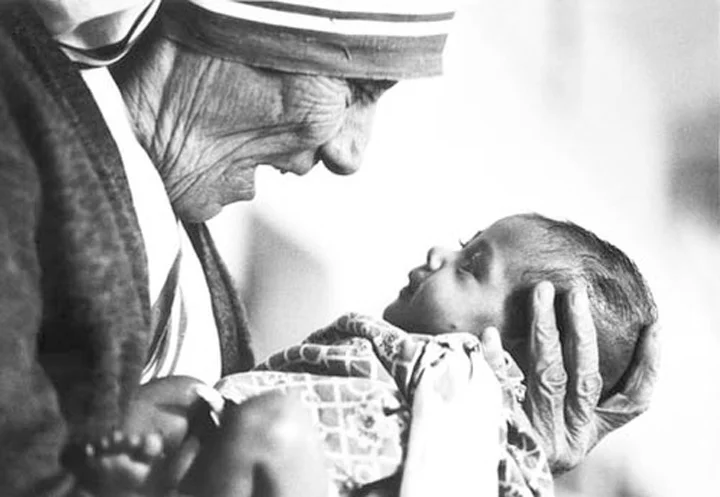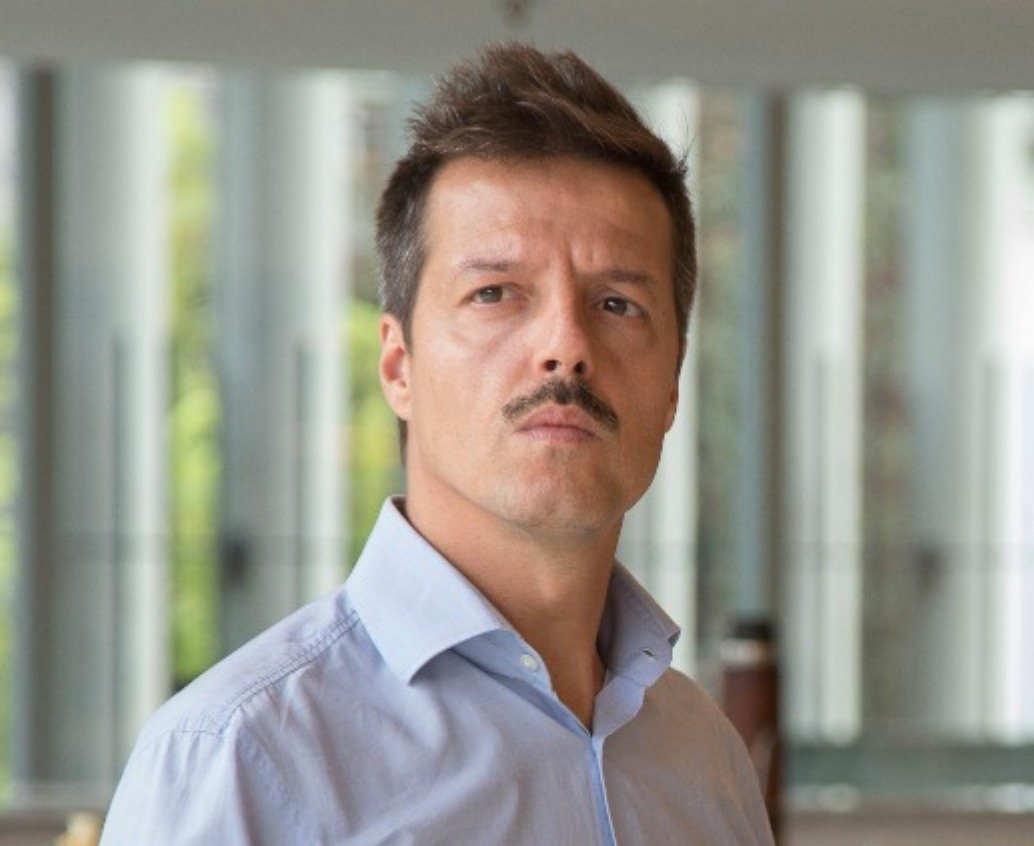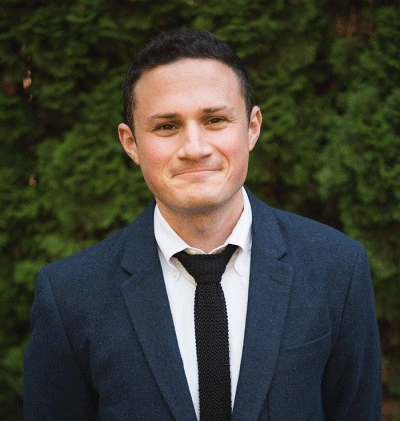About the Arithmetic of Compassion
A famous saying goes, “One death is a tragedy; a million deaths is a statistic.” Due to psychic numbing, our sympathy for suffering and loss declines precipitously when we are presented with increasing numbers of victims. Research has shown that compassion fade can begin to occur when a threat to a single person expands to as few as two people. Saving one life is of utmost importance, but saving 1 + 1 lives feels less important than saving two lives and sometimes less important than saving one. Confronting this peculiar “arithmetic of compassion” in our daily lives and our national policy decisions is of critical importance in a world facing catastrophic threats from violence, disease, poverty, and natural disasters.
The mission of the Arithmetic of Compassion Website is to raise awareness of psychological obstacles to compassion, including psychic numbing, pseudoinefficacy, and the prominence effect. We believe that by raising awareness of these phenomena we can lessen the impact they have on our humanitarian decision making. We provide suggestions for how you can take action to combat these cognitive biases and tackle problems like mass atrocities, famine, climate change, and other critical issues.
Click on the links below to learn about the three related cognitive biases, or visit our Environmental Humanities page to learn how artists and other communicators employ various strategies to overcome these obstacles to compassion in both humanitarian and environmental contexts. Humanities scholars have developed such concepts as slow violence and narrative empathy to understand the challenges of grasping and communicating information about current crises, and scholars in the Environmental Humanities are now bringing together methodologies and vocabularies from cognitive psychology and textual studies to determine the effectiveness of specific communication strategies through an approach known as empirical ecocriticism.
Our Take Action page teaches how you can combat the biases described on this website and help others be more compassionate. The blog posts on our Blog page connect these concepts to current events.
Our Team
As scholars interested in social and environmental issues in the modern world, we have increasingly focused on these issues of why human beings make "bad" or irrational decisions when faced with crucial ethical and practical questions. This project, Arithmetic of Compassion, arose from decades of study and experience in psychology and humanities fields, as an effort to better communicate research findings and expand the conversation. Here are some of our key people:
Contributing Editors
Paul Slovic
Paul Slovic is a professor of psychology at the University of Oregon and a founder and President of Decision Research. He studies human judgment, decision making, and the psychology of risk. With colleagues worldwide, he has developed methods to describe risk perceptions and measure their impacts on individuals and society. His recent work examines "psychic numbing" and the failure to respond to mass human tragedies.
Scott Slovic
Scott Slovic is University Distinguished Professor of Environmental Humanities at the University of Idaho and current Editor of the Arithmetic of Compassion website. He served as chair of the English Department at Idaho from 2014 to 2018. The founding president of the Association for the Study of Literature and Environment from 1992 to 1995, he edited ISLE: Interdisciplinary Studies in Literature and Environment, the leading journal in the field of ecocriticism, for twenty-five years before completing his term in 2020. He has worked for many years, as a teacher and writer, on topics related to ecological literary studies, environmental communication, and interdisciplinary approaches to the environmental humanities. Much of his current research and teaching focuses on “critical data studies” (how information is collected, communicated, and received) in the contexts of humanitarian and environmental crises.
Leisha Wharfield
Leisha Wharfield is the administrator at Decision Research.
Kacy cheslek
Kacy Cheslek is an undergraduate at the University of Idaho working on a B.S. in English. She is interested in exploring compassion-related concepts through literature, entertainment, and the environment. She is a current Assistant Editor for the Arithmetic of Compassion website.
Steve Lemeshko
Steve Lemeshko is an undergraduate student at the University of Idaho, studying environmental and political sciences. With a keen interest in sustainability and political advocacy, Steve's academic pursuits are rooted in understanding the interplay between the two fields. He is a current Assistant Editor of the Arithmetic of Compassion website.
SABRINA MASUD
Sabrina Masud holds a PhD in English from Queen’s University, Canada, with a specialization in environmental humanities and ecocriticism. Her research spans creative writing, pedagogy, and comparative world literature.
Emiliano Rodríguez Nuesch
Emiliano Rodriguez Nuesch is a risk communications specialist and filmmaker who has led and overseen projects in over 50 disaster-affected countries, collaborating with organizations such as the World Bank, BBC, UNESCO, and NASA. He has produced several documentaries about risks posed by tsunamis, volcanoes, and climate change, in partnership with the United Nations. Emiliano also works with universities in California, the UK, Singapore, and Indonesia, fostering connections between academia and local communities. Emiliano is a writer and collaborator for the Arithmetic of Compassion. He holds a Master’s degree in Behavioral Science from the London School of Economics.
NANCY NUÑEZ
Nancy Nuñez is a risk communication specialist focused on disaster preparedness and public policy. She works on promoting strategies for sustainable development with an emphasis on diversity and community engagement. Nancy is also a writer and collaborator for Arithmetic of Compassion.
Robin Gregory
Robin Gregory is Senior Research Scientist with Decision Research and Adjunct Professor at the University of British Columbia, Institute for Resources, Environment and Sustainability. He works on problems of policy and risk analysis, stakeholder consultation, improving the decision making skills of K-12 students, prevention of genocide and mass atrocities, choice under uncertainty, and community and indigenous health assessment.
Daniel Västfjäll
Daniel Västfjäll is a professor of cognitive psychology at Linköping University and a research scientist at Decision Research. His research focuses on the role of affect in judgment and decision making, perception and psychophysics.
David Markowitz
David Markowitz is an Assistant Professor in the School of Journalism and Communication at the University of Oregon. He uses language data from natural repositories to make inferences about people, such as what they are thinking, feeling, and experiencing psychologically. A large part of his research focuses on how deception affects language, including how fraudulent scientists write their research papers compared to genuine scientists. His work has appeared in the Proceedings of the National Academy of Sciences, Journal of Communication, Communication Research, and the Journal of Language and Social Psychology, and has been covered by outlets including Vice, Business Insider, Forbes, and NPR.
Andrew Quist
Andrew Quist is the Editor Emeritus of the Arithmetic of Compassion website. He was instrumental in every aspect of this website from its inception in April 2016 until Scott Slovic became Editor six years later in April 2022. We thank Andrew for his guidance, talent, and hard work in creating and maintaining this forum.
anna van boven
Anna Van Boven graduated from the University of Puget Sound with a degree in Mathematics and Computer Science, where she contributed to research building language-based AI agents to play Interactive Fiction games. She served as the Assistant Editor of the Arithmetic of Compassion website in 2022.
Lauren Hodges
Lauren Hodges is an undergraduate student at the University of Oregon studying environmental science and science communication. She is interested in understanding complex ecological relationships and improving methods of communicating science. She served as an Assistant Editor of the Arithmetic of Compassion website in 2022 and 2023.
Maili Smith
Maili Smith is recent graduate from the University of Oregon, where she studied biology, anthropology and science communication. She is interested in social determinants of health and the intersection between health and public policy, and is passionate about bridging people, science, and storytelling. She served as an Assistant Editor of the Arithmetic of Compassion website in 2022 and 2023.



















